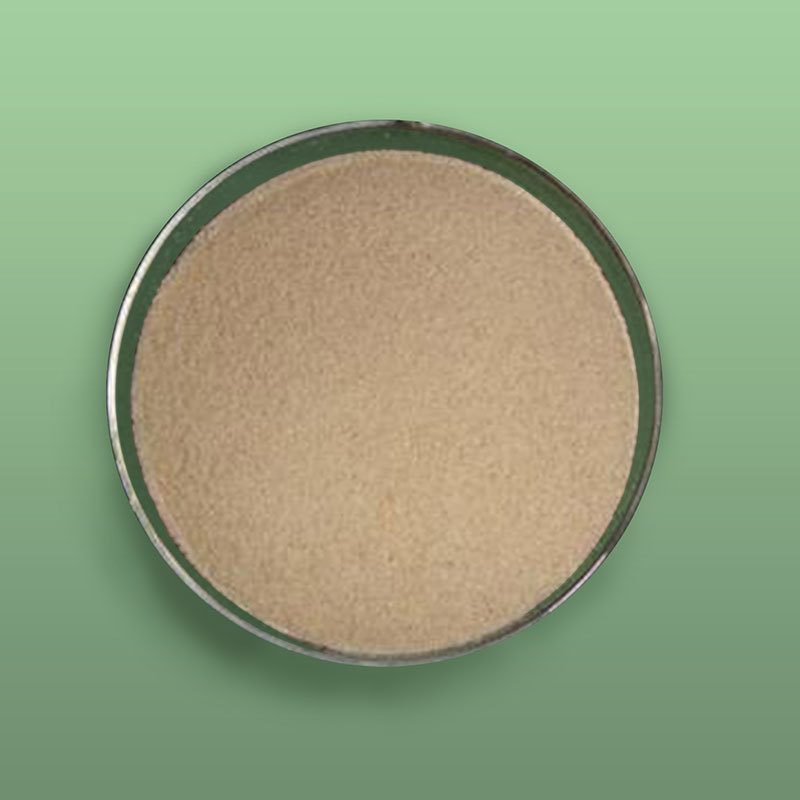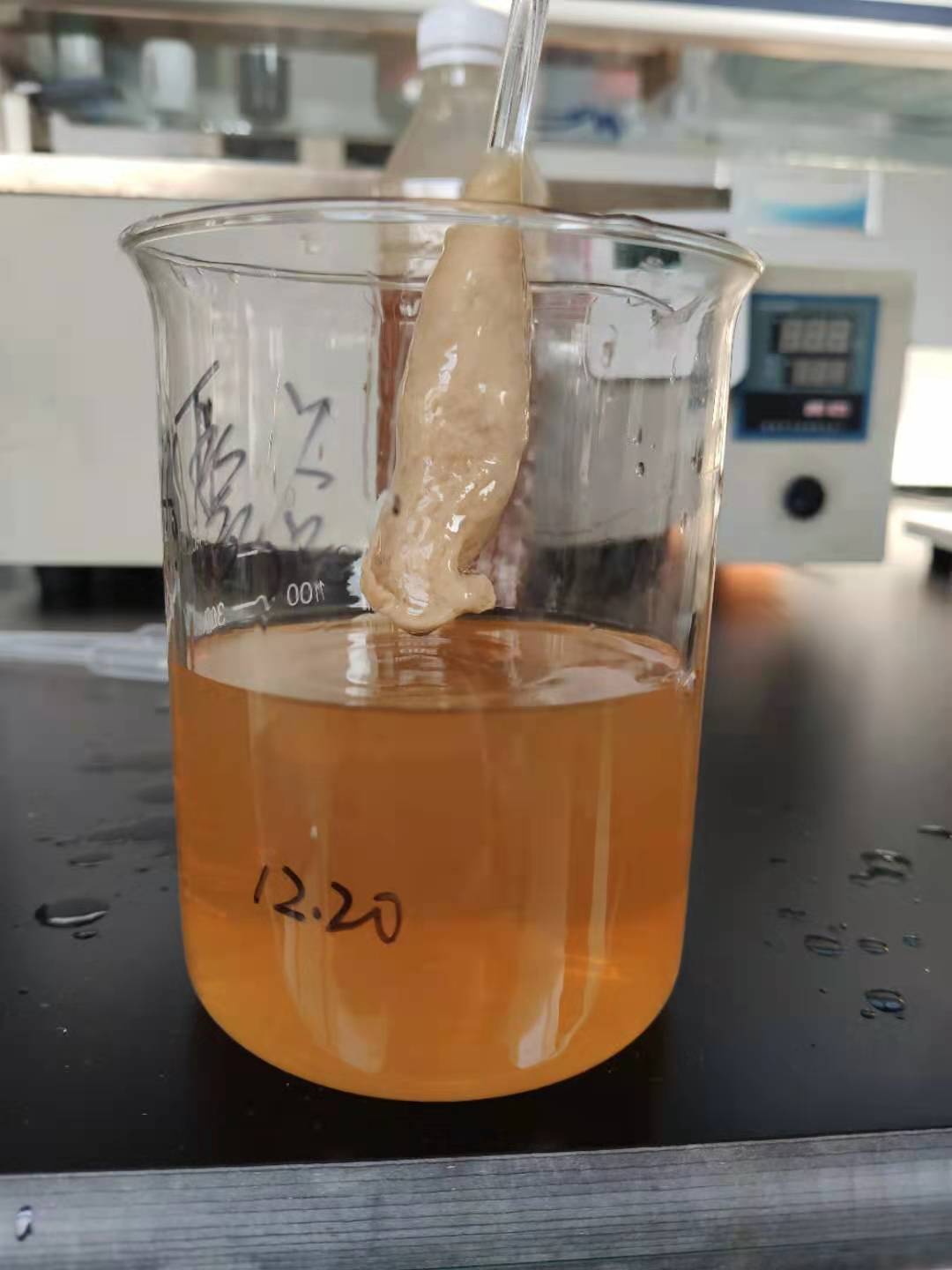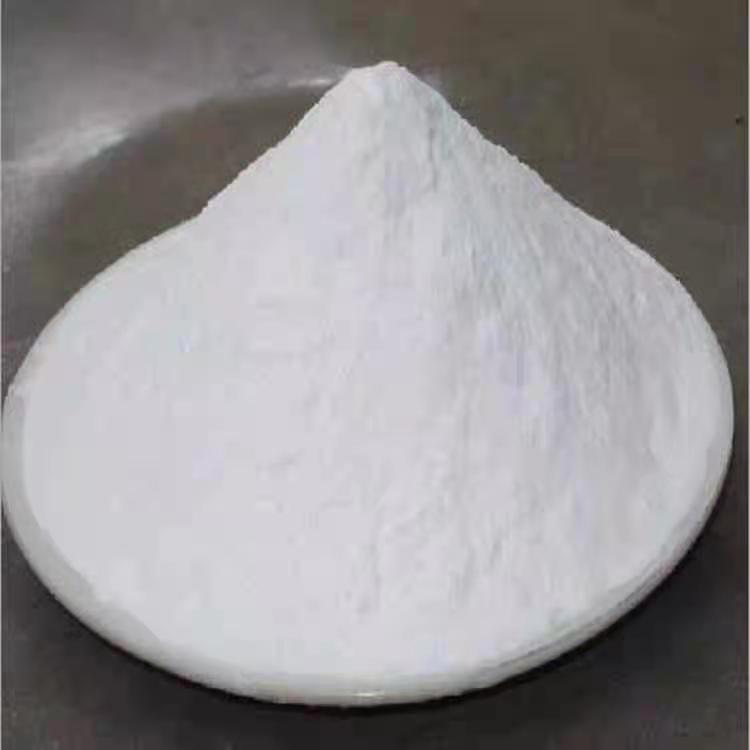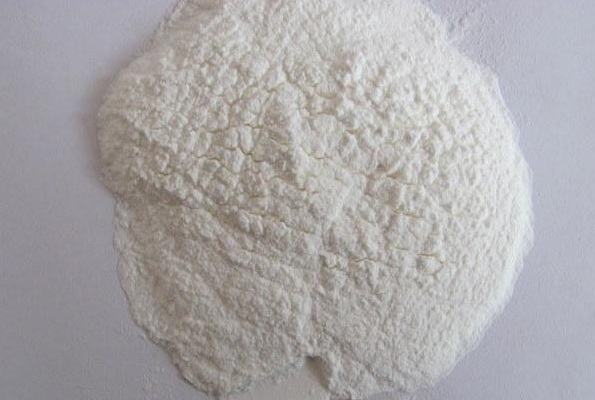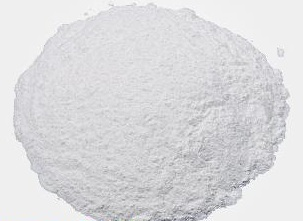Products
Contact Us
Tel: 86-632-8999262
Fax: 86-632-8999268
MP/Wechat/Whatsapp: 8613563208832
E-mail: sdjienuoanna@hotmail.com
E-mail: annajienuoenzyme@hotmail.com
E-mail: sdjienuo@163.com
Add: No.22 Chang Jiang Road, Economic Development Zone, Zaozhuang City, Shandong Province, China
Acid Protease
Fungal Acid Protease is obtained by fermentation of high quality Aspergillus Niger, it can effectively hydrolyzes protein even at low pH. This series of product is widely used in wine, beer, brewing, alcohol, food processing, feed additives, leather treatment and other relative fermentation industries.
Keywords:
Details
Introduction:
Fungal Acid Protease is obtained by fermentation of high quality Aspergillus Niger, it can effectively hydrolyzes protein even at low pH. This series of product is widely used in wine, beer, brewing, alcohol, food processing, feed additives, leather treatment and other relative fermentation industries.
Definition of Activity:
One gram of solid Acid Protease powder(or 1ml liquid acid protease) at (40±0.2)°C and pH3 hydrolyzes casein in one minute to produce 1μg tyrosine is defined as one enzyme activity unit and marked with u/g(u/ml) .
Characteristics:
1. Effective Temperature: 30-65°C, Optimum Temperature: 40-50°C
2. pH: 2.0-6.0, Optimum pH: 2.5-3.5
Specification:
|
Appearance |
Yellowish Powder/ Brown liquid |
|
Odor |
Slight Fermentation Odor |
|
Enzyme Activity |
Powder Type:50,000 u/g, 100,000 u/g, |
|
Liquid Type: 50,000 u/ml, 100,000 u/ml, 150,000 u/ml |
|
|
Particle Size (Powder Type) |
≥80% pass 40 mesh sieve |
|
Loss on Drying(Powder Type) |
≤8% |
|
Volume Weight(Liquid Type) |
≤1.25 g/ml |
|
Standard |
GB/T23527-2009 |
Application and Recommend Dosage:
(The following dosage is an example of 100,000 u/g. Other specification can be converted according to the enzyme activity)
1. In manufacture of grain fermentation alcohol: The recommended dosage is 0.05~0.15 L/Ton of raw materials. The dosage depends on the type of raw materials and specific techniques.
2. In manufacture process of vinegar, soybean sauce, Shaoxing rice wine, wine and other food brewing: This product can promote thallus growth, improve the fermentation effect and achieve the function of improving the utilization rate of raw materials and perfecting the flavor. The recommend dosage is 0.15~0.2L (kg)/ Ton of raw materials. Add this product at the beginning of the fermentation.
3. In process of wool deduction and refining: this product can destroy the scale on the surface of wool fiber so that the wool can not be easily sticky or shrunk which is in favor of dye. Dosage: 0.6~2.0% (o.w.f)
4. In feed complex enzyme: The recommend dosage is 0.01~0.05kg/Ton of feed.
5. In manufacture of Single-cell protease feed: The recommend dosage is 0.1~0.2L (kg) / Ton of feed.
Application Notice
1. When using solid type of Acid Protease, you should dissolve it in water with the proportion of 1:20 at 30-40°C.
2. In fermentation industry, the acid protease quickens the fermentation process and makes the temperature rise rapidly. The temperature should be strictly controlled and not exceed 40°C.
Storage:
Should be stored in a cool, dry and well-ventilated place; protect from direct sunlight, heat and dampness, avoid storing with poisonous and harmful substances.
Shelf Life:
Powder Type: Enzyme activity remains ≥ 90% after 12 months at room temperature 25°C.
Liquid Type: Enzyme activity remains ≥ 90% after 6 months at room temperature 25°C.
Packaging: 20kg/bag, 25kg/bag, 25kg/drum, 30kg/drum or as clients’ requirements
Get a free quote
Please fill in your contact information and your needs, and we will arrange a professional to contact you!

